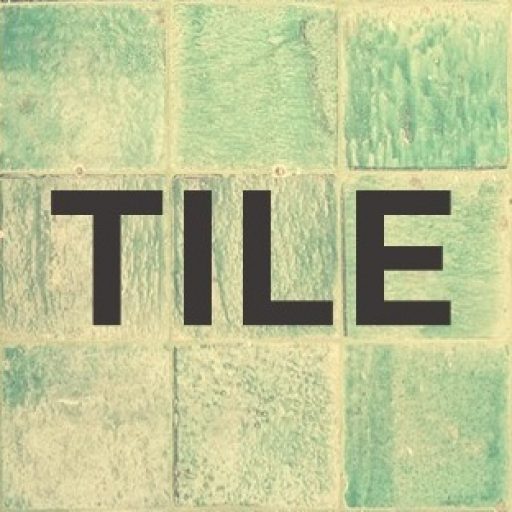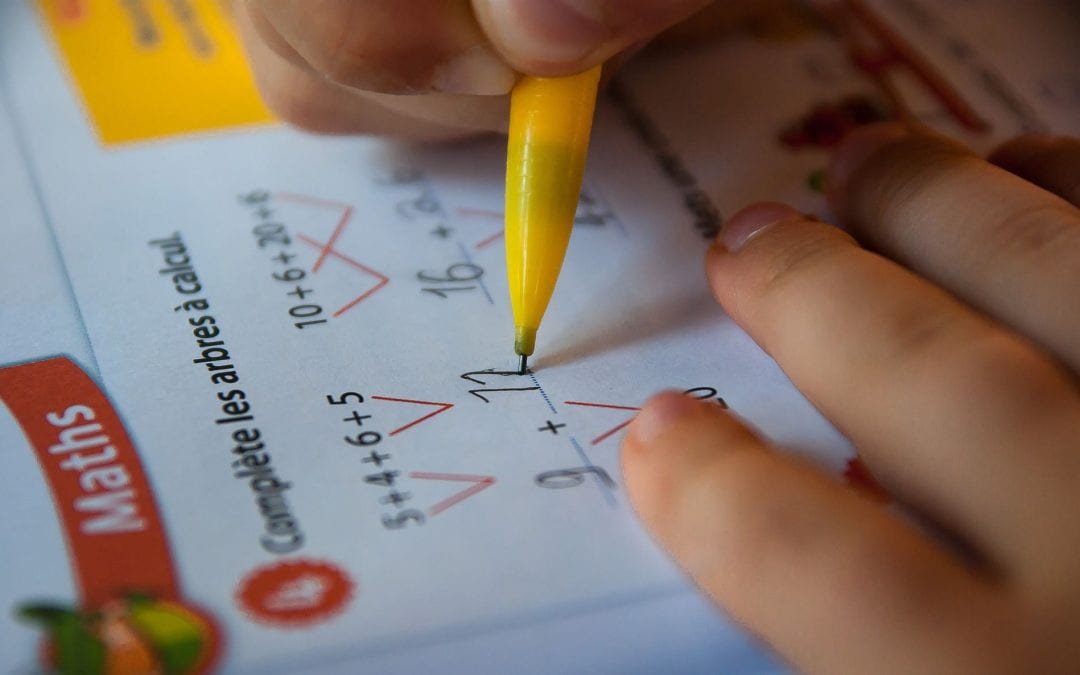In May, we welcomed Stuart Welsh (@maths180): A teacher at The High School of Glasgow, Head of Maths Department, and Research Lead at his school – and a person who is enthusiastic about applying findings from cognitive science to education. Tara Harper (@Korenth69), Lecturer in Education at the University of Dundee, suggested to invite him to give a talk and he did not disappoint.
Stuart started his presentation with statistics from surveys showing a lack of confidence of students in regard to their maths resulting in making them feel nervous and of teachers (37%) agreeing to the statement that “some students will never get it no matter what I do.” Instead of accepting this, Stuart went on to learn about how the human memory works and what makes learning effective. His engagement with the literature led to the conclusion that for maths – but also for any other discipline – it is crucial to build a knowledge network; to connect ideas and concepts with each other and to be able to rely on a knowledge foundation. A reliable knowledge foundation allows the learner to build new and more complex knowledge on and to engage in problem solving and higher-order critical thinking. If we accept this premise then the next question is: How do achieve this steady and reliable build-up of knowledge? Reliable here means that a learner can access the knowledge when she needs it in the future. So, we are talking about long-term retention of knowledge here – not just passing an exam and done.
Cognitive psychology has revealed a number of strategies that can help achieve this. Stuart outlined three of them and explained how he implements them in his classroom: Retrieval practice, interleaving, and spaced practice. I will describe the first one in detail because I was intrigued that Stuart not only engages his students in retrieval practice – i.e., have them retrieve previously taught concepts from memory – but, additionally adds a judgment of learning component to it. Thus, he requires students to self-assess and indicate whether they think they got the answer right or not. Furthermore, he requires students to self-mark the low-stake quiz assessments. So, what does this look like:
-
- Teacher sets a brief in-class quiz with, let’s say, 10 questions.
- Students take the quiz and rate for each question whether they think they got it right or not (self-assessment).
- Correct answer for each question is revealed and students mark their quiz.
- Teacher focuses in explaining concepts that have not been fully understood by students.
In the photo below, you can see the development of knowledge over time using the implementation of retrieval practice described.

Stuart has been doing this for a while and has made some interesting observations:
-
- In the beginning, students, particularly female students, tend to be underconfident in their answers.
- Over time, students get better in gauging their knowledge about the material. Thus, they make more accurate predictions about their performance.
- In the end, students report that they had the feeling that retrieval practice, albeit it being difficult, is a helpful exercise and improves their memory of the material (see quotes below). Some of the students, Stuart reported, are even starting to integrate retrieval practice as a study technique.
“Retrieval practice helps us remember what we’ve learnt and to check if we are improving. It has kept us challenged and they have given us a stronger memory.” (Student at The High School of Glasgow)
“They helped us to pull things back from our memory from the start of the year and last year. It was helpful to do the retrieval as it was a challenge the first week but then it got easier.” (Student at The High School of Glasgow)
All in all, it was clear from Stuart’s presentation that allocating a portion of the time to properly learn about different teaching strategies that are based on research, can result in brilliant implementations in the classroom – this is reflected by the enthusiasm on the teacher’s side, but also on the students’ side.
Here are additional resources of the talk for you:
-
- Recording of the talk
- Slides of the talk
- Additional resources for Maths on Stuart’s website: www.maths180.com
Please feel free to comment below if you have additional thoughts!


Recent Comments